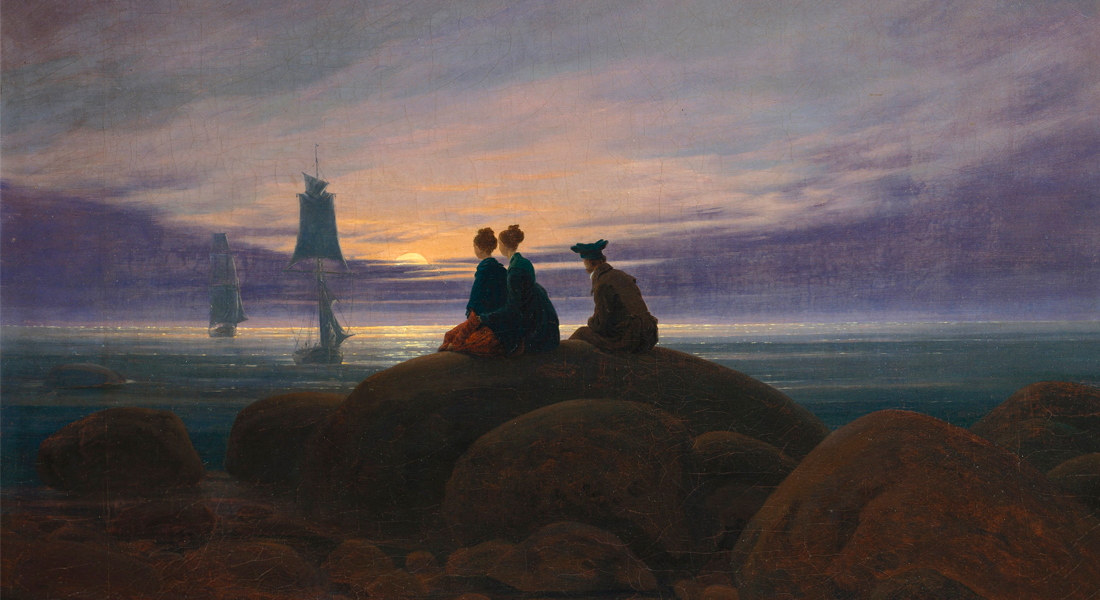Early Romantic Language Philosophy

International workshop. Detailed programme in preparation: A reader can already be obtained from Alexander Knopf.
The early Romantic philosophy of language is based upon the concept of the universality of language. As language structures our perceptions and emotions, it also constitutes our knowledge, comprising thus all parts of human existence – sciences, arts, society. Consequently, the early Romantics considered the function of language with regard to such different matters such as truth, personality, political and social processes, education, poetry. Moreover, they began to study language as a phenomenon in its own right, thereby establishing historical-comparative grammar as a new linguistic method. While modern sciences often tend to reduce language to its logical functions, the early Romantics theorized about and experimented with ambiguous, paradoxical, or even contradictory figures that classical logic is unable to deal with. Instead of a static, closed frame, they favoured a highly exploratory and open thinking. This workshop aims to recover some of these ideas.
Programme
24 June 2021
14.00: Tina Lupton, Christian Benne, Alexander Knopf: Introduction
14.15: Alexander Knopf: Der kommunikative Imperativ: Zur Genese des Problems der Mitteilbarkeit (Kant, Fichte, Schlegel)
15.00: break
15.30: François Ottmann: Ist die Metakritik ein leeres Versprechen? Bernhardi liest Herder
16.15: Katie Terezakis: Kant, Hamann und die Frühromantik
17.00: break
18.00: Felix Christen: Die Rezeption Platons durch die Frühromantik
18.45: Kristina Mendicino: On the Chances of Speaking in Plato and Schleiermacher
25 June 2021
14.00: Andreas Kilcher: Frühromantische Sprachtheorie und moderne Kabbala-Forschung
14.45: Augustin Dumont: Performing the intellectual intuition: Some remarks on Fichte’s transcendental language
15.30: break
15.45: Stefan Willer: Philologie statt Philosophie? Zur Logik eines methodischen Gegensatzes von Schlegel bis Boeckh
16.30: Kevin McLaughlin: Philological Reflection: Schlegel after Benjamin
17.15: break
18.15: Jochen A. Bär: Sprachkritik als diegetische Funktion: Ludwig Tiecks William Lovell (1795/96)
19.00: Christian Benne: „Muß die reine Instrumentalmusik sich nicht selbst einen Text erschaffen?“ Unverständlichkeit und Wiederholung
